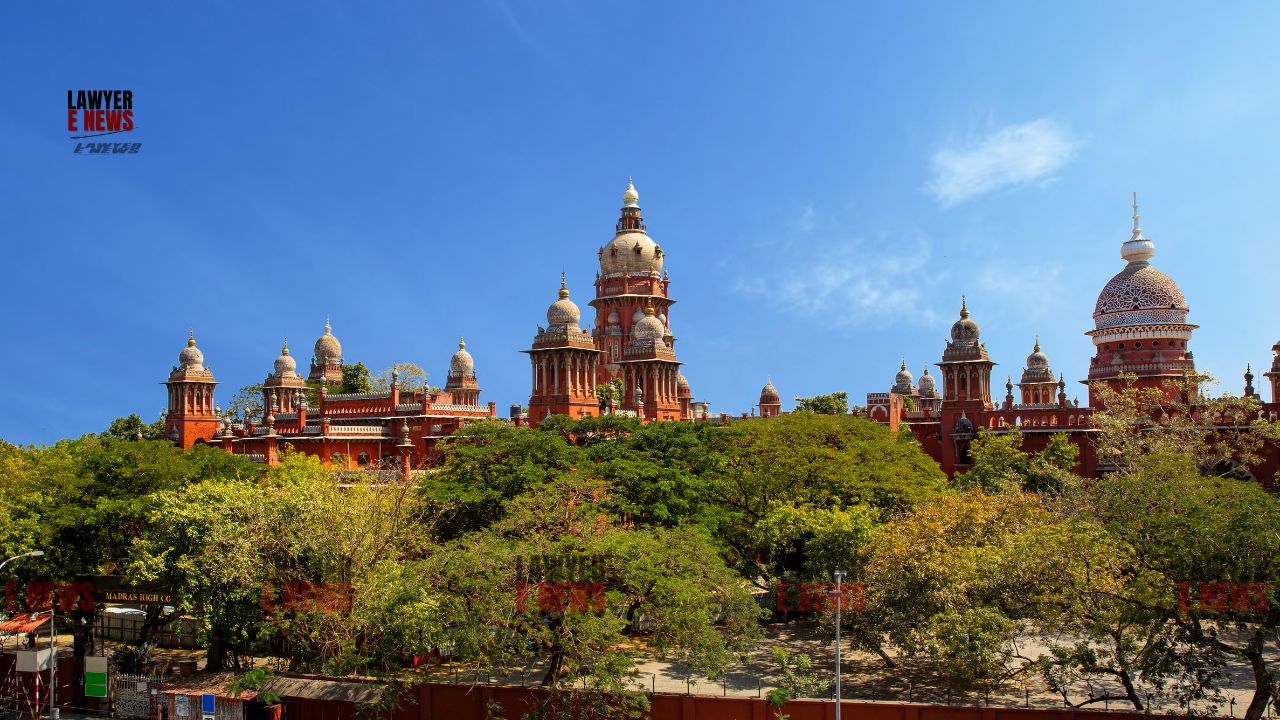-
by Admin
16 February 2026 1:47 PM



Madras High Court upholds trial court’s decision, citing critical inconsistencies and the need for corroborative evidence.The Madras High Court has dismissed an appeal challenging the acquittal of five individuals accused in a violent incident with caste-related allegations. The bench, led by Justice M. Dhandapani, upheld the trial court’s decision, highlighting significant inconsistencies in the prosecution’s evidence and the absence of independent witnesses.
The case revolves around an incident on January 17, 2019, in Cuddalore District, where the appellant, belonging to the Adi Dravidar community, alleged that he and his son were attacked by a group from the Vanniyar community. The prosecution claimed the attack was triggered by a dispute over an unpleasant smell near the appellant’s house. The trial court had acquitted the accused due to insufficient evidence, prompting the appellant to file an appeal.
The court examined the testimonies of key witnesses (P.W.s 1 to 3), all of whom were related to each other. Justice Dhandapani noted, “The consistent narrative presented by these witnesses is undermined by their close relationship, making it unsafe to rely solely on their evidence, particularly in cases involving caste conflict.”
The bench emphasized the critical absence of independent witnesses. “It is not the prosecution’s case that there were no neighbors around. The absence of any independent witness casts a serious doubt on the prosecution’s version,” Justice Dhandapani observed. The court scrutinized the testimonies of P.W.s 4 and 5, who claimed to have witnessed the incident from a distance. However, their accounts were found to be inconsistent and unreliable.
Medical reports revealed only simple injuries on the victims, contradicting their statements of being attacked by a group of 20 individuals. Justice Dhandapani stated, “The nature of the injuries does not align with the alleged intensity of the attack, further weakening the prosecution’s case.”
The judgment extensively discussed the principles of reappreciating evidence in appeals against acquittal. The court reiterated that while it has full power to review evidence, it must consider whether the trial court’s view was a possible one. “If the view taken is a possible view, the appellate court cannot overturn the order of acquittal merely because another view is possible,” the judgment emphasized, citing several Supreme Court rulings.
Justice Dhandapani remarked, “The appellate court must bear in mind that in the case of acquittal, there is a double presumption in favor of the accused. The presumption of innocence is further reinforced by the trial court’s verdict.”
The Madras High Court’s decision to uphold the acquittal underscores the judiciary’s cautious approach in re-evaluating trial court judgments, especially in cases with significant evidentiary inconsistencies. This ruling emphasizes the importance of independent corroboration in criminal trials and sends a clear message about the judiciary’s commitment to upholding the presumption of innocence.
Date of Decision: June 28, 2024
